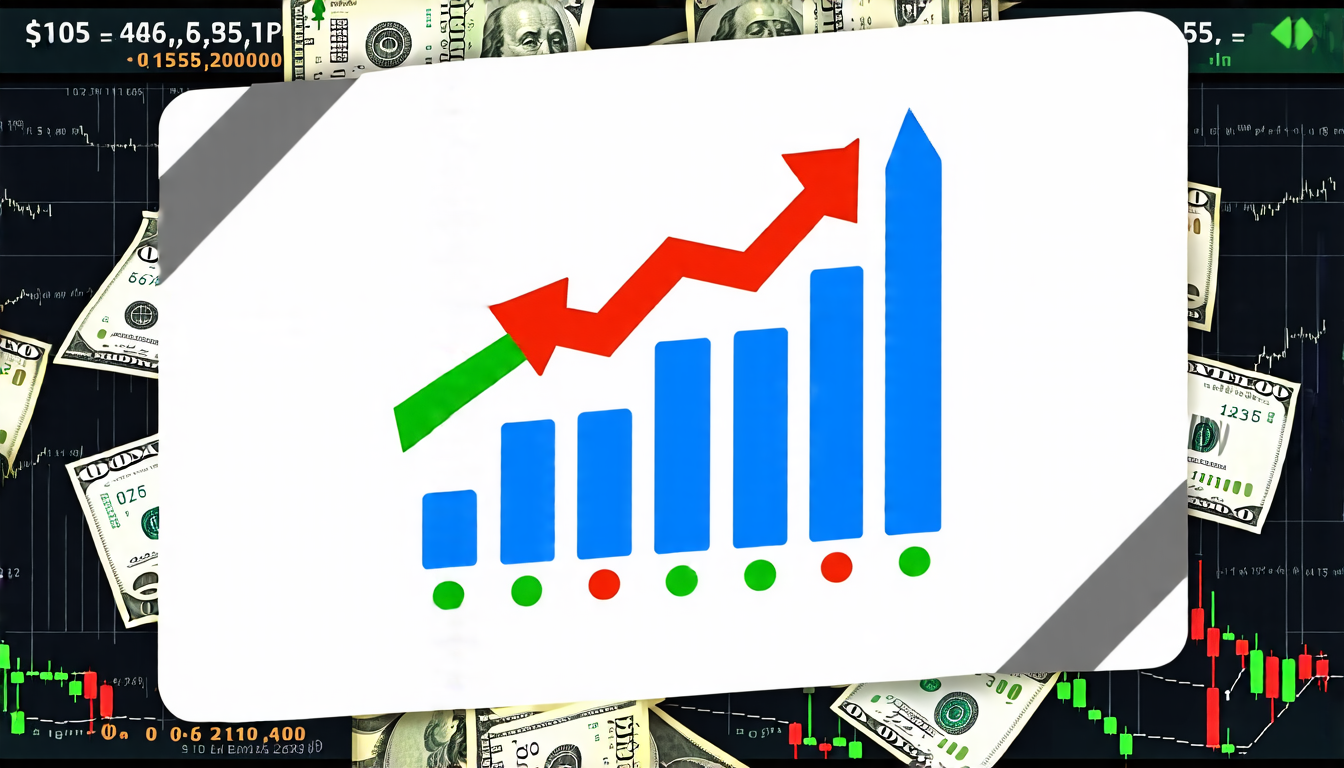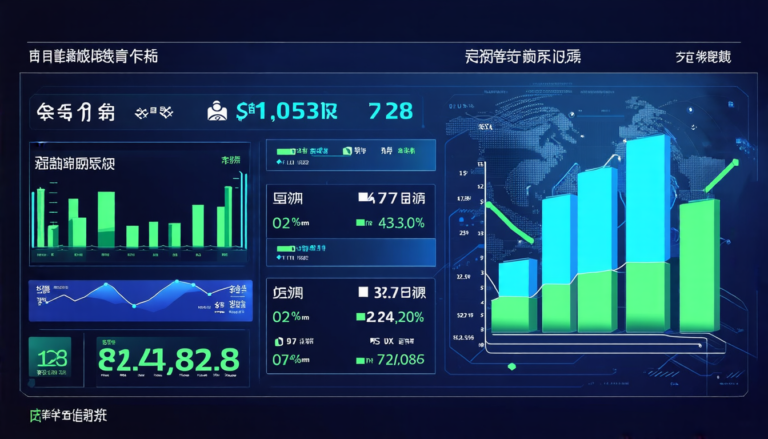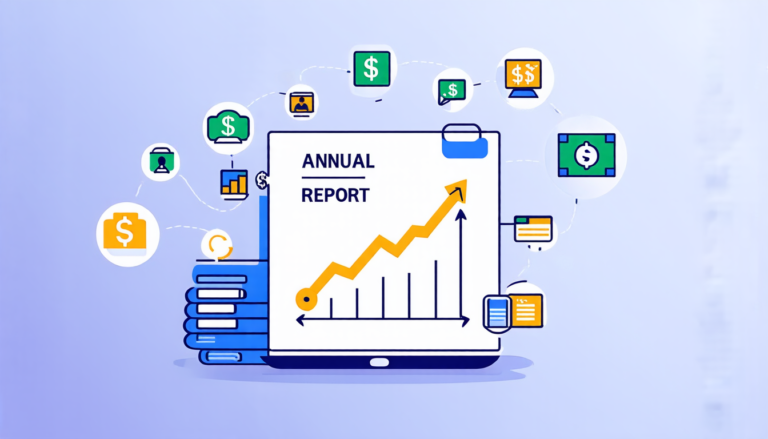Wednesday 09 April 2025
The intricate dance of brokers and informed traders has long been a fascinating topic in the world of finance. A new study delves into this complex relationship, shedding light on how brokers adjust their trading strategies to maximize profits while navigating the risks of inventory pressure.
At its core, the research explores a market making game where multiple brokers compete for orders from informed traders who possess superior knowledge about the market’s direction. Informed traders can choose which broker to trade with, and brokers must balance their own risk aversion with the desire to attract these lucrative trades. The study reveals that brokers employ different strategies depending on the level of inventory pressure they face.
When faced with high inventory pressure, brokers tend to focus on speculative trading, taking on more risk in an attempt to increase profits. Conversely, when inventory levels are low, they become more cautious and prioritize informed trading, seeking to maximize their returns by offering competitive prices to attract these valuable trades.
The researchers also analyzed the impact of terminal penalties, which are fees imposed on brokers for holding excess inventory at the end of a trading period. They found that when terminal penalties are high, brokers tend to reduce their speculative trading activities and focus more on informed trading, as they seek to minimize their exposure to potential losses.
One key takeaway from this study is the importance of understanding the delicate balance between speculation and inventory risk management in financial markets. Brokers must navigate these competing interests while also adapting to changing market conditions, making it a challenging and dynamic environment.
The findings have significant implications for investors, policymakers, and regulators seeking to better comprehend the intricacies of financial markets. By recognizing the complex interplay between brokers and informed traders, we can develop more effective strategies for managing risk and promoting stability in these critical systems.
In addition to its theoretical contributions, this research has practical applications in the development of trading algorithms and market making models. By incorporating these insights into their designs, traders and brokers may be able to optimize their performance and improve their overall profitability.
Ultimately, this study offers a nuanced understanding of the complex relationships between brokers, informed traders, and inventory pressure. As financial markets continue to evolve and become increasingly sophisticated, researchers like those involved in this project will play a crucial role in shaping our knowledge and informing our decisions about these critical systems.
Cite this article: “Liquidity Competition in Financial Markets: A Mean-Field Game Approach”, The Science Archive, 2025.
Brokers, Informed Traders, Market Making, Inventory Pressure, Risk Management, Speculation, Financial Markets, Terminal Penalties, Trading Strategies, Game Theory
Reference: Ryan Donnelly, Zi Li, “Liquidity Competition Between Brokers and an Informed Trader” (2025).







